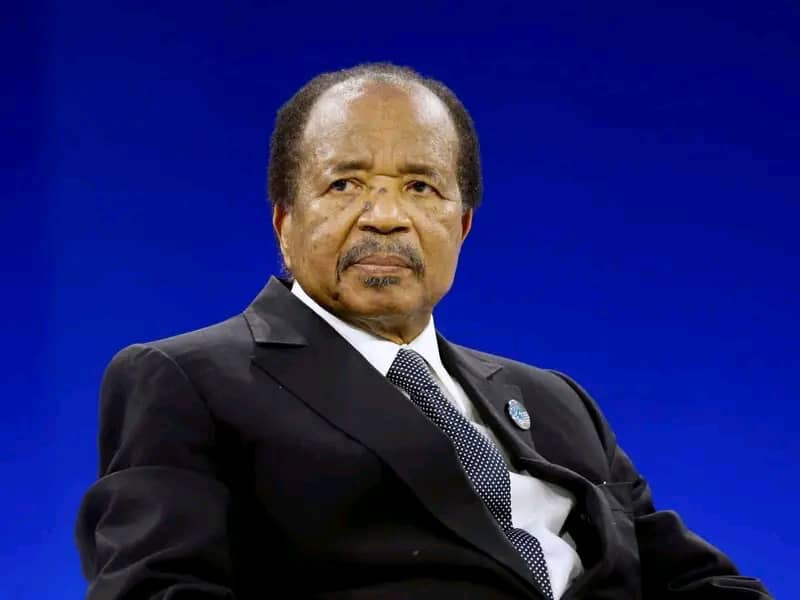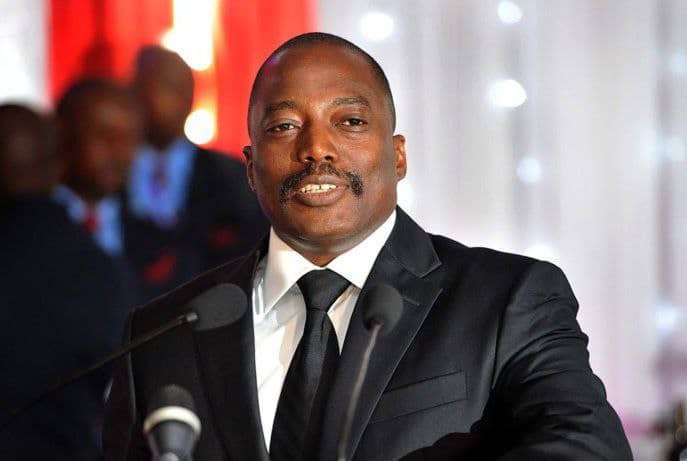Tense anticipation as Paul Biya faces rare challenge from Issa Tchiroma Bakary
By Burnett Munthali
Cameroonians are holding their breath today as the nation’s Constitutional Council prepares to proclaim the official results of the October 12 presidential election.
The announcement marks a critical moment in Cameroon’s political history, as citizens eagerly await to know whether the long-serving incumbent, President Paul Biya, will extend his more than 40-year rule or if opposition candidate Issa Tchiroma Bakary will usher in a new era.
Across the country, streets are tense but calm, with security forces deployed in major cities to maintain order ahead of the verdict.
Political observers describe the atmosphere as one of uncertainty mixed with hope, as many Cameroonians debate whether their nation is ready for change or destined to continue under Biya’s familiar leadership.
President Paul Biya, who has ruled Cameroon since 1982, remains one of Africa’s most enduring political figures.
His tenure has been marked by both stability and controversy — stability through consistent governance in a volatile region, but controversy over allegations of authoritarianism, electoral manipulation, and limited political freedoms.
Opposition candidate Issa Tchiroma Bakary has presented himself as a reformist alternative, pledging to revitalize the economy, strengthen institutions, and address long-standing grievances in the country’s Anglophone regions.
His campaign gained traction among younger voters, many of whom are calling for generational change and a break from the political status quo that has dominated Cameroon’s post-independence era.
Regional observers, including representatives from the African Union and the Economic Community of Central African States (ECCAS), have urged calm and called on all parties to respect the Constitutional Council’s decision.
International partners, including France and the United States, are also watching closely, mindful that Cameroon remains a key player in regional counterterrorism efforts and trade.
The days leading to the announcement have been filled with both optimism and anxiety, as social media buzzes with speculation and political analysts weigh the possible outcomes.
Some citizens view Biya’s long rule as a guarantee of continuity, while others see it as an obstacle to democratic progress and social reform.
As the Constitutional Council prepares to make its declaration, the stakes could not be higher for a nation that straddles the delicate line between peace and political change.
From a political standpoint, today’s announcement carries enormous implications not only for Cameroon but for Central Africa as a whole.
President Paul Biya’s more than four-decade rule has made him one of Africa’s longest-serving leaders, a symbol of continuity for some but a source of stagnation for others.
His leadership has provided Cameroon with a measure of stability in a volatile region, particularly given ongoing insecurity in neighboring countries such as Chad and the Central African Republic.
However, critics argue that this stability has come at the cost of democratic renewal, economic inclusivity, and civic freedom.
A potential transition of power to Issa Tchiroma Bakary would represent a historic shift — the first peaceful handover in Cameroon’s post-independence history.
Such a transition could energize the country’s political landscape, inspire democratic movements across the region, and signal a generational change in leadership.
Yet, it could also unsettle existing power structures, creating uncertainty within government institutions and the military, both of which have long aligned themselves with Biya’s leadership.
Analysts warn that how this moment is managed — whether through inclusion, transparency, and respect for the rule of law — will determine whether Cameroon emerges stronger or more divided.
As the nation awaits the Constitutional Council’s verdict, the broader question remains whether Cameroon will continue under Biya’s established order or embrace a new era of leadership that could redefine its place in the region.



